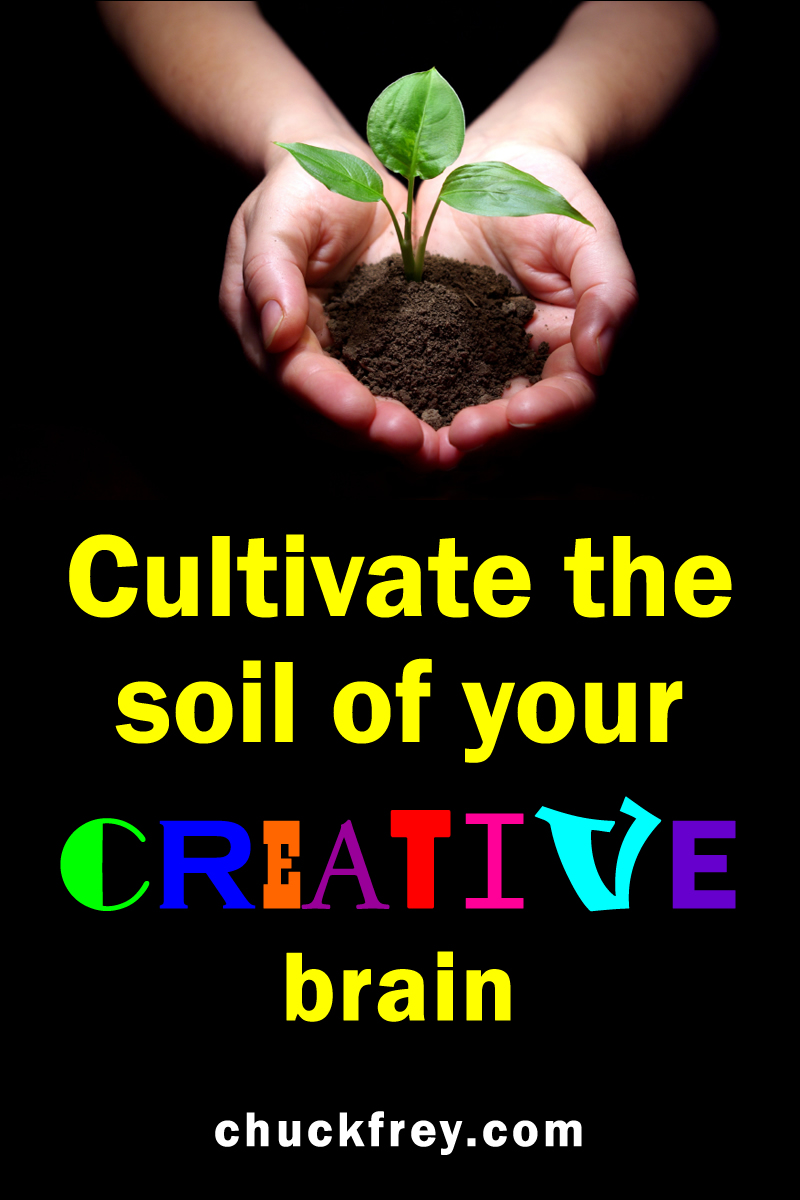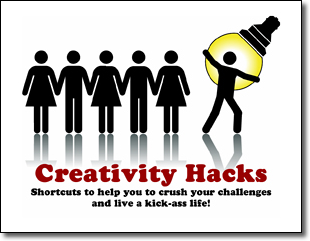 Like the rich soil of a farm field in the spring, your brain is waiting to be cultivated to yield a bumper crop of profitable ideas that will help to propel you to a future filled with success and abundance.
Like the rich soil of a farm field in the spring, your brain is waiting to be cultivated to yield a bumper crop of profitable ideas that will help to propel you to a future filled with success and abundance.
Recently I drove through the countryside of southeastern Wisconsin and saw numerous farm fields. As I passed several of them, I took a closer look. One field was already tilled, awaiting the planting of seeds. The other one haven’t been turned over yet; it glistened black with the richness of the soil and the moisture of a generous snow melt – fertile ground for another season of crops.
As I drove, I found myself thinking about how the human mind has been compared to a rich garden plot or a farm field. It can only produce what we put into it. If we plant good-quality seeds and cultivate them with care, it will deliver a rich harvest. If we don’t care for it, however, the young plants will quickly be choked off by weeds.
The same thing can happen to your mind – without opportunities for growth (continuous learning) and exercise (creative thinking and problem solving), it can quickly become overgrown with the weeds of apathy and laziness.
As I thought further about this analogy, I realized just how deep it goes:
The soil is your brain. It is the starting point of all riches. It is the storehouse and producer of ideas. Like the soil, your marvelous brain stands ready, waiting for you to give it challenges and problems to solve.
Tilling is the equivalent of continuous learning, which adds new ideas to your multi-faceted brain. It also forces you to reconsider your existing ideas, to “turn them over” in much the same way as a plow breaks up the soil and makes it easier for young plants to push through it into the sunlight.
The seed is the problem or challenge to be solved. In order for your brain to go to work on a problem or challenge, it needs to be “planted” in the fertile ground of your creative mind.
Fertilizer is the equivalent of filling your brain with everything that is known about the problem or challenge, including solutions previously tried, contributing factors and root causes. You need to give your subconscious mind an abundance of information to digest, analyze and recombine.
Rain can be viewed as applying creative problem-solving techniques to the challenge and the information you have received gathered. The challenge you face will not solve itself – it needs help, in the form of catalysts that will help you identify root causes, challenge your assumptions and think in new directions.
Sunlight is your attitude. For a plant, sunlight is the essential ingredient that drives photosynthesis – the process by which it converts water and the nutrients in the soil into energy for growth. Have a positive attitude about your efforts to brainstorm ideas and potential solutions. Decide that a solution to your challenge already exists – your job is to find it. And you WILL find it! Remind yourself that creative problem-solving is a skill that can be cultivated and grown through study and practice.
You ARE creative!
 Creativity Hacks will inspire you to explore in new places, to make new connections, to dig deeper and discover new insights. It will help you to seek out new knowledge and sources of inspiration - so you can profit from the opportunities all around you. When you're done reading Creativity Hacks, you'll be:
Creativity Hacks will inspire you to explore in new places, to make new connections, to dig deeper and discover new insights. It will help you to seek out new knowledge and sources of inspiration - so you can profit from the opportunities all around you. When you're done reading Creativity Hacks, you'll be:
- Empowered to solve problems and tackle challenges head-on.
- Able to see ideas and opportunities everywhere.
- Able to differentiate yourself and advance your career faster.
Above all, you'll learn that creativity is a skill YOU can cultivate!
